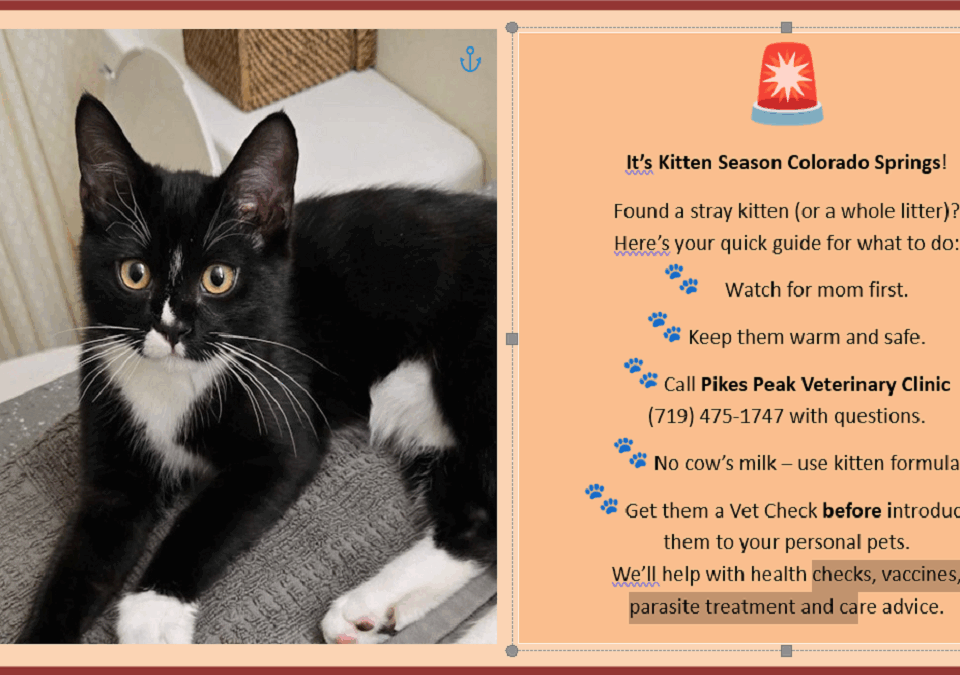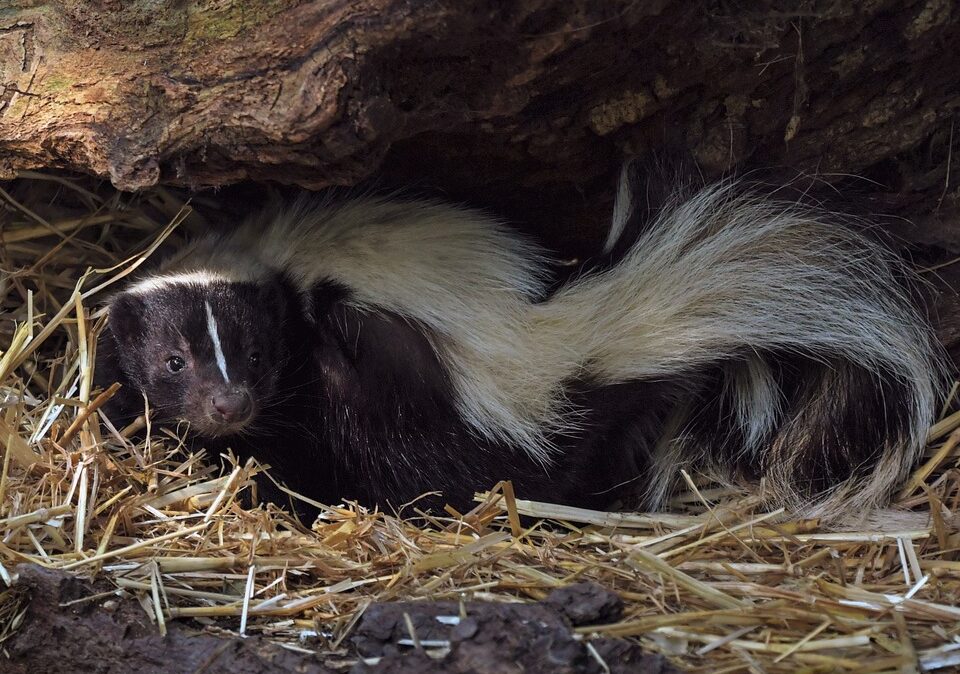
Breed Specific: The Beagle
September 26, 2021
Canine Influenza – Who Is at Risk?
October 20, 2021Pikes Peak Vet wants you to know about your Labrador Retriever’s lifestyle and other needs!
This sweet-faced, lovable dog is friendly, outgoing and high-spirited. As well as being great family dogs, they are also highly versatile and still make great gundogs and service/assistance dogs. They are enthusiastic athletes requiring lots of exercise which could include swimming and marathon games of fetch. Their coats come in flat or curly varieties and they can be black, white, yellow, brown or chocolate in color.
Males Height: 22.5-24.5 inches Weight: 65-85 pounds
Females Height: 21.5-23.5 inches Weight: 55-70 pounds
Feeding/Treats/Weight: Discuss a diet for your Lab with your veterinarian. Labs are prone to weight gain, so watch their calorie consumption. Treats can be an important aid in training, but giving too many can lead to obesity. Because they love to eat, don’t leave soft things or food lying around (especially easily accessed garbage cans) as they will go for the gusto, leaving you to clean up the mess. Clean, fresh water should be available at all times.
Grooming: The Lab’s short, dense, waterproof coat still sheds…a LOT. A quick brush down at least once a week and more when they are blowing their coats, will keep your dog and your home happy. Labs love rolling in smelly things, so you may find yourself bathing them more often to keep your home pleasant. A quality dog shampoo (not human) should be used as needed to keep him clean and odor free and keep his skin from drying out. Check their ears regularly and remove any wax build-up.
Exercise: Labs have a lot of energy, so regular exercise whether through walking, hiking, playing fetch or swimming is a must to keep them mentally and physically in good condition.
Training: Labs are intelligent and highly trainable. Common problems including dragging their owner along behind, not coming back when called and dogs that jump up and push past people, all because they are exuberantly ready to go! Puppy training for these issues is a must.
Over the Labrador’s 10-12 expected years, you and your vet will create a health plan to evaluate and catch any conditions that may arise.
POSSIBLE MEDICAL CONCERNS
- Joint issues
- Obesity
- Progressive vision decline
- Hypothyroidism
- Heart issues
- Allergies
- Ear infections
- As labs are obsessed with eating, they ingest anything including rocks, socks, dolls, corn cobs, drywall and more, all of which will need to be surgically removed.
PPVC’S PLAN FOR HEALTHY LONGEVITY OF YOUR LABRADOR
Wellness Exams and Vaccinations
- Every 6-12 months as advised by your veterinarian until age 6: full physical exams including routine bloodwork;
- Pets age faster than us and tend to hide symptoms. At age 6, we recommend routine exams and bloodwork every 6 months to catch anything unexpected before it gets too firm a hold.
Other Exams and Screenings for Labradors
- PennHIP evaluation
- Joint x-rays
- Regular eye exams
- Chest x-rays
- Routine dental cleanings
- Weight checks
You can find more information on the AKC’s Labrador Page. If you have specific questions about your Lab, reach out to your PPVC veterinarian for a quick consult and we’ll do our best to steer you in the right direction!






